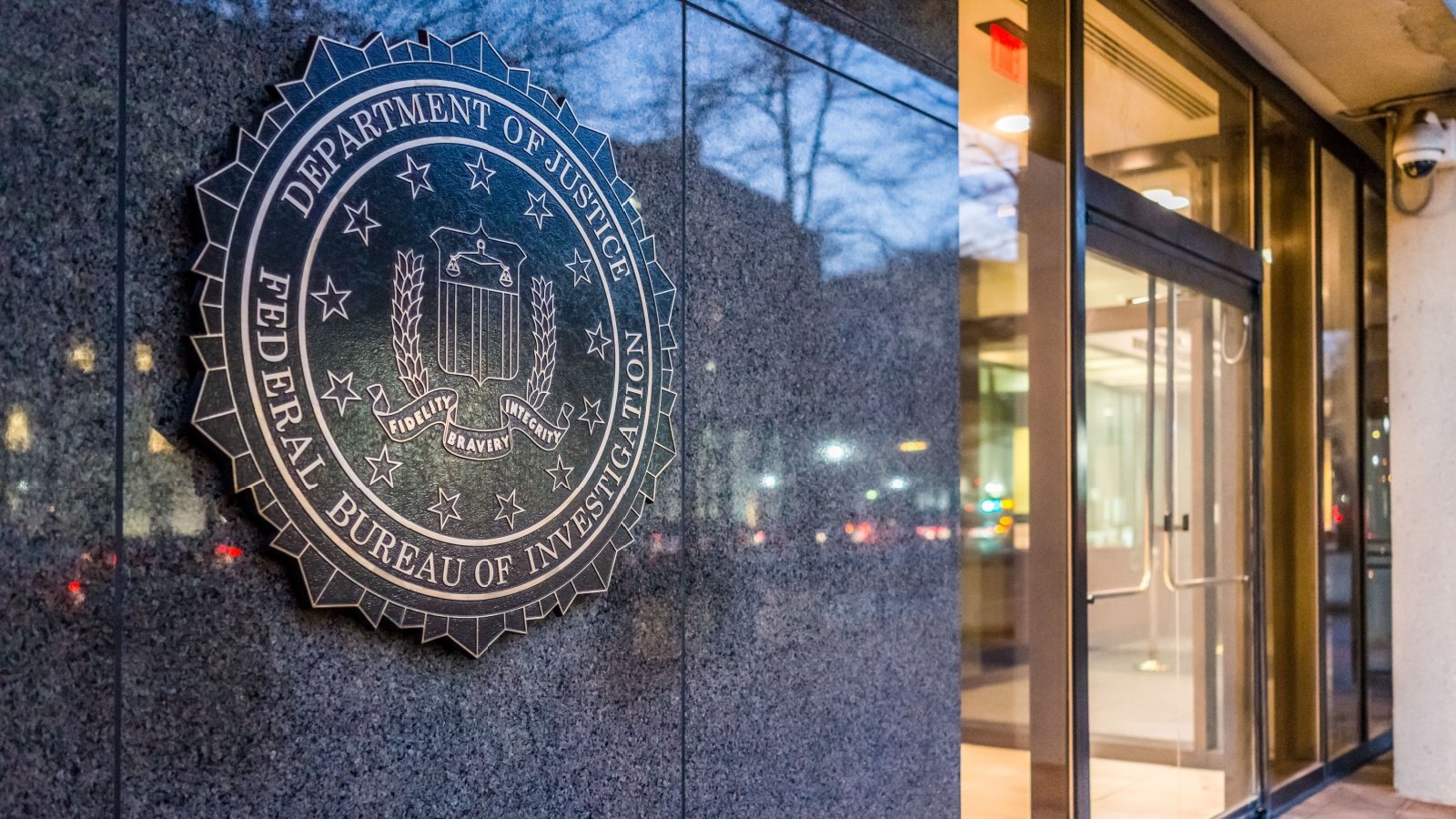Senate Passes Bill Targeting ByteDance and TikTok
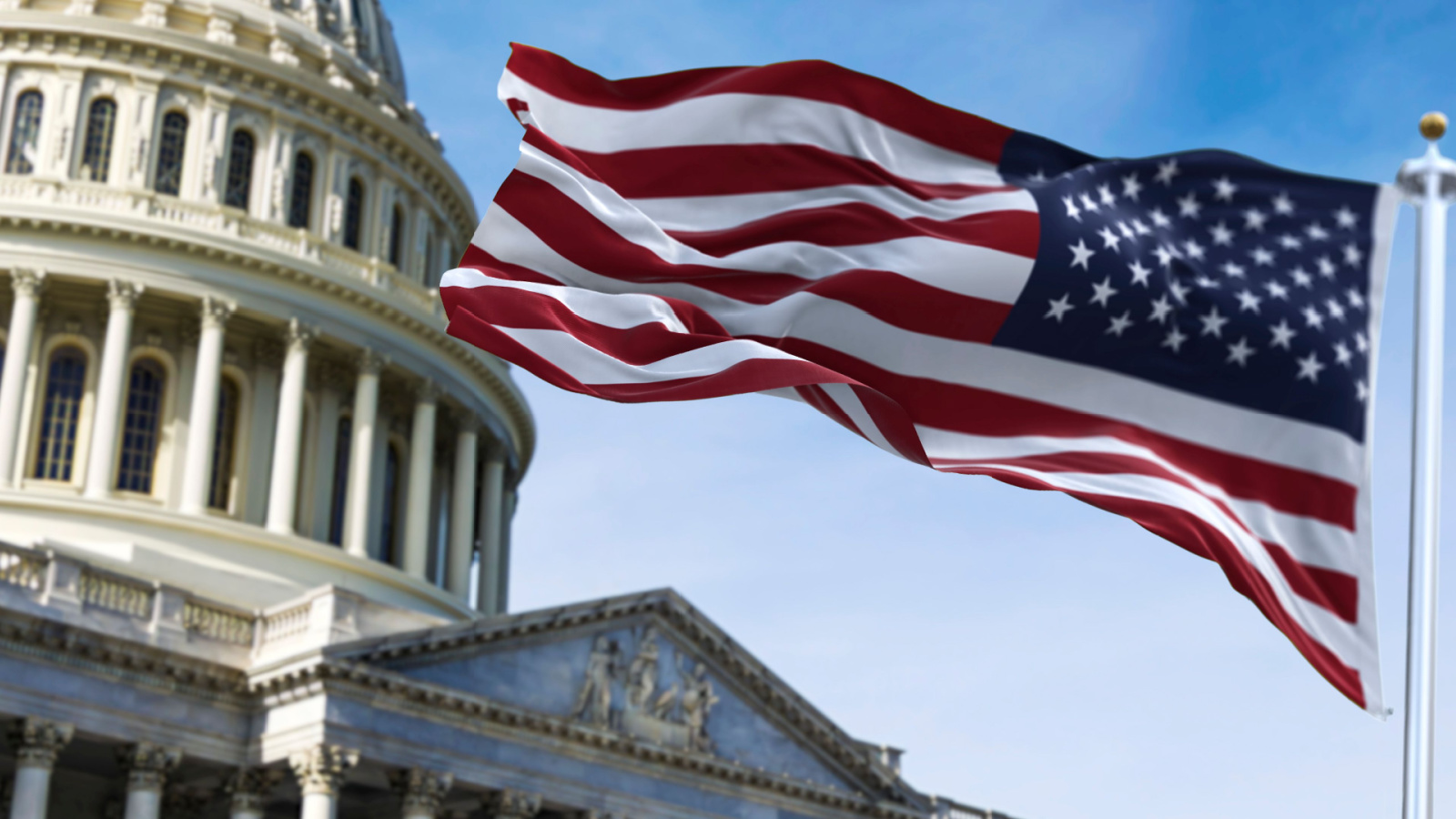
The Senate has passed a House bill forcing ByteDance, the Chinese company that owns TikTok, to either sell the platform or be banned from U.S. app shops. The bill will now go to President Biden’s desk for signature. While the law is nearly a done deal, it will still face legal challenges in the courts and usher in an indeterminate season of uncertainty for users and creators on the app.
Broad Support and Strategic Packaging of the Bill

The Senate passed the TikTok ban bill as part of a package including $95 billion in foreign aid. The final vote tally for passage of both components of the bill—aid for Israel and Ukraine as well as the sale-or-ban ultimatum for TikTok’s parent company—was 79-18.
House Moves to Advance TikTok Legislation

Last week, the House led by Speaker Mike Johnson decided to include the TikTok bill alongside the foreign aid bill, helping the TikTok bill to cross the finish line after having stalled in the Senate in past weeks despite widespread bipartisan support.
Political Strategy and Constituent Responses

This method also allows some Members to shield themselves from votes that may be unpopular with their constituents. For example, constituents who may not want their Member of Congress to vote for foreign aid for Ukraine may be mollified by the vote to force the sale of TikTok. Alternatively, constituents who oppose the provisions banning TikTok may be happy to see a vote for aid to Israel or Ukraine.
Details of the TikTok Sale Ultimatum

The version of the TikTok ban that passed this week allows ByteDance nine months to sell TikTok, with an extension of three months if the sale is underway.
Addressing National Security Concerns

The bill will put to rest the years of expressed concern over a Chinese company’s access to intimate and personal American user information and devices. TikTok is used by over 170 million Americans.
Senator Cantwell’s Comments on the Legislation
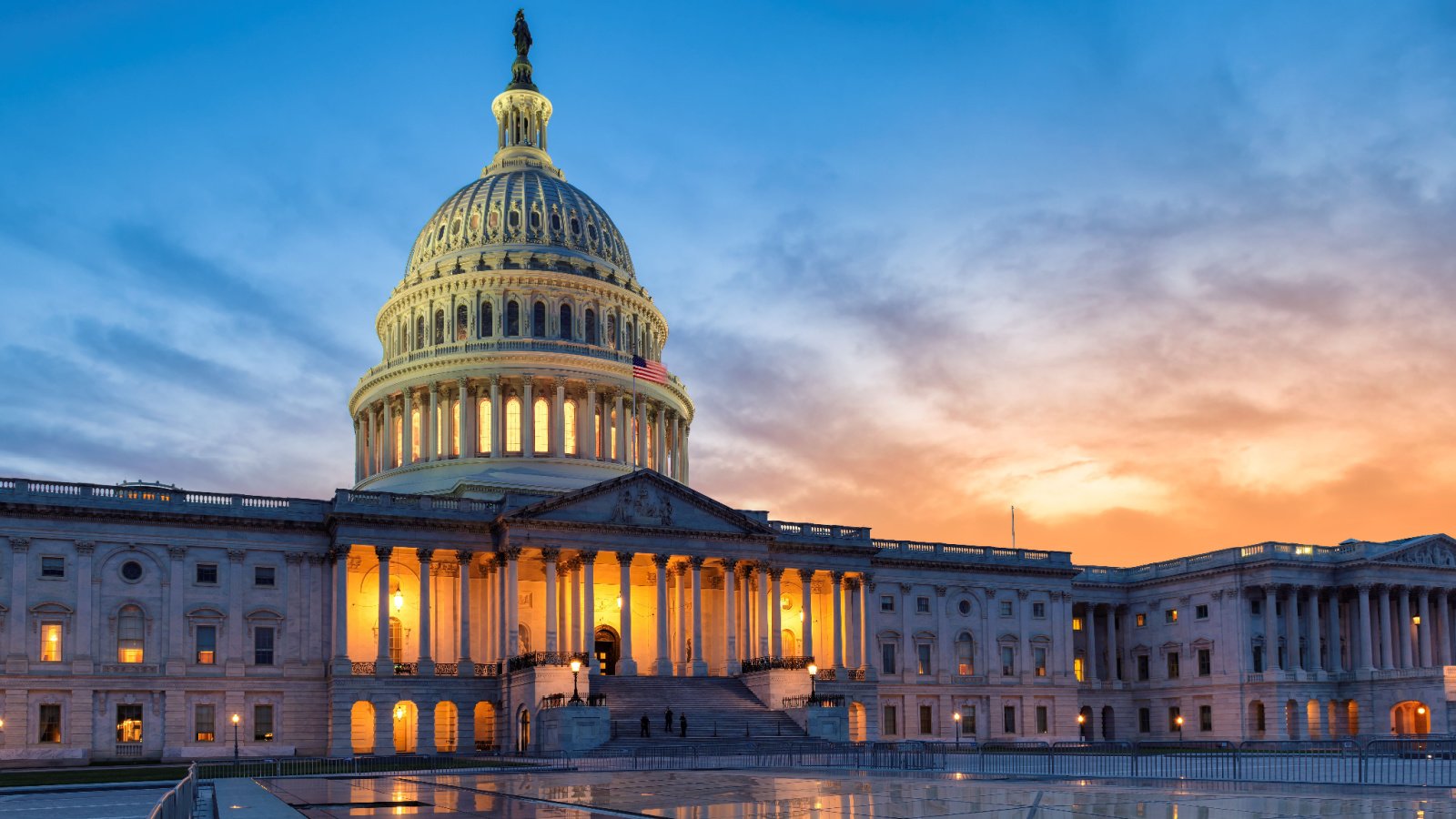
Senate Commerce Committee Chair Maria Cantwell (Democrat-Washington) states that the bill is not punitive. Rather, “Congress is acting to prevent foreign adversaries from conducting espionage, surveillance, maligned operations, harming vulnerable Americans, our servicemen and women, and our U.S. government personnel.”
Criticism of the Perceived Threat
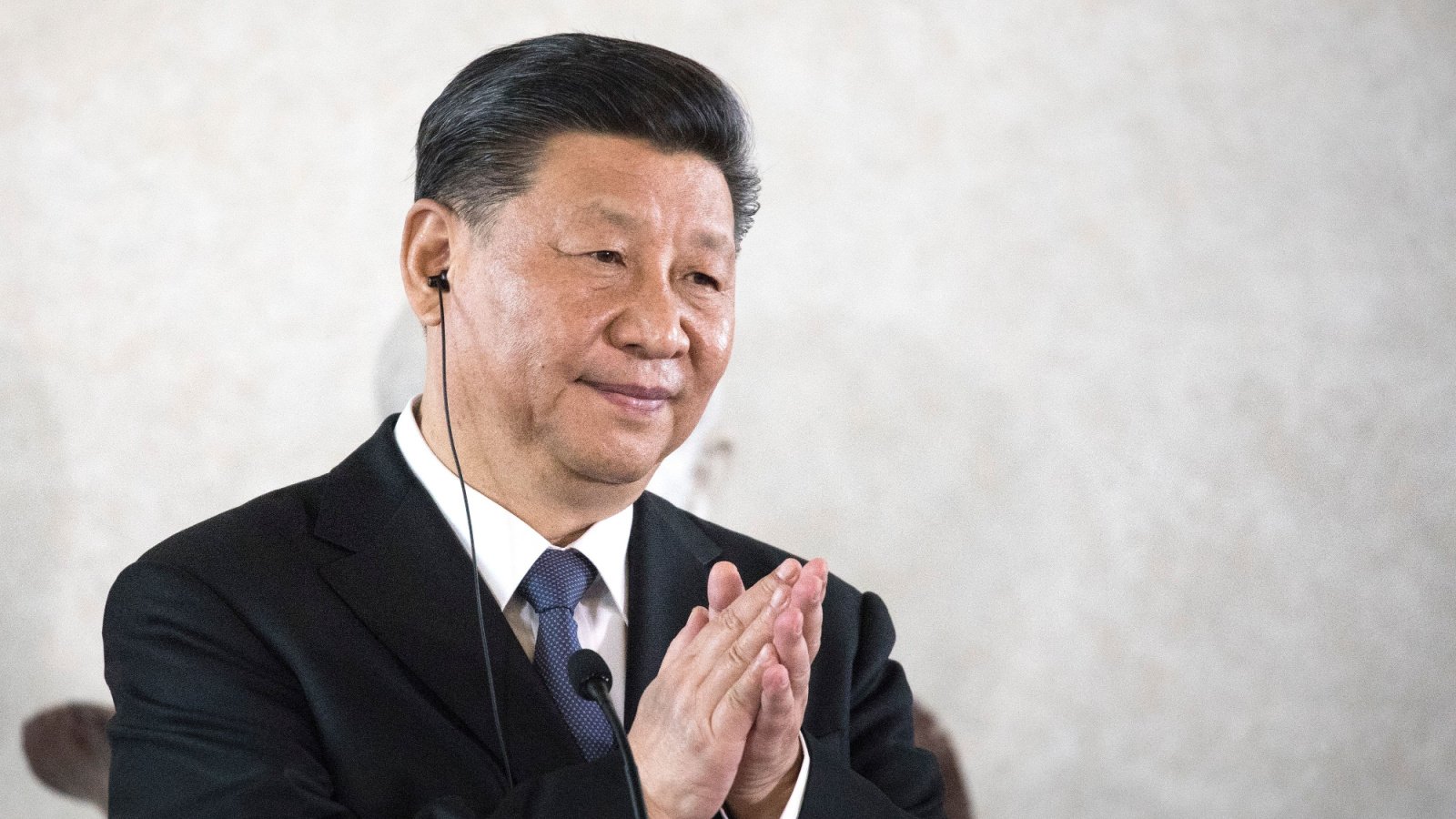
Detractors of the bill state that the threat of Chinese government interference is overblown. They state the Chinese Communist Party could access personal data from Americans in many other ways, including through data brokers that sell personal user data.
Legal Measures to Protect Sensitive Data

To get ahead of this criticism, the law as drafted makes it illegal for entities to sell or rent sensitive data that could be traced to an individual. This prohibition applies to the sale of personal data to entities in China, Iran, North Korea, or Russia.
Concerns from Civil Liberties Groups
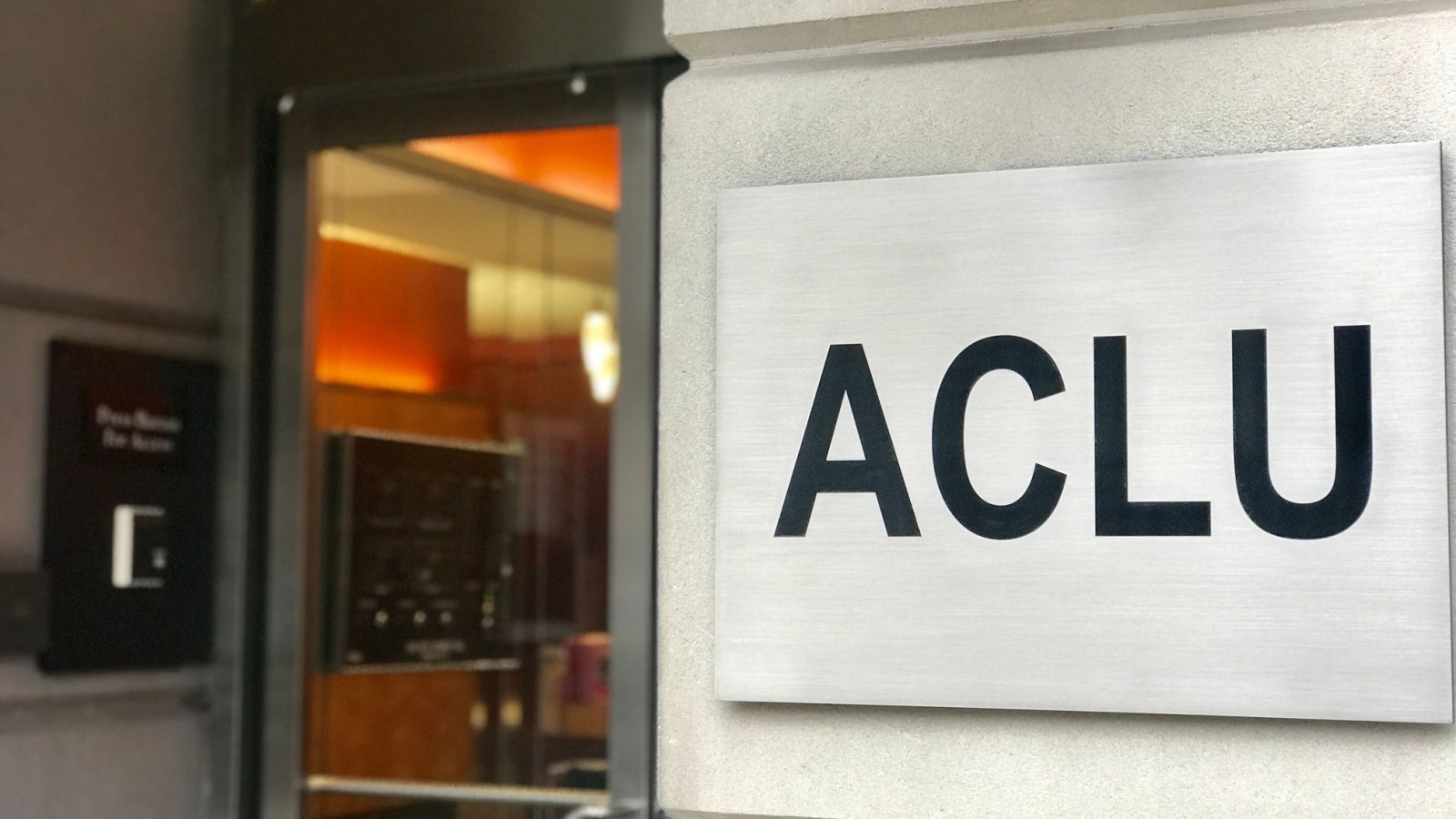
In response, the American Civil Liberties Union and other groups have suggested that the language included in the package could inadvertently target journalists and other publications that include personal data.
Advocating for Broader Data Privacy Laws

Rather than relying only on this package, consumer safety advocates have also suggested bolstering information security by means of a larger federal data privacy law that applies to all companies.
Opposition from the Chinese Government
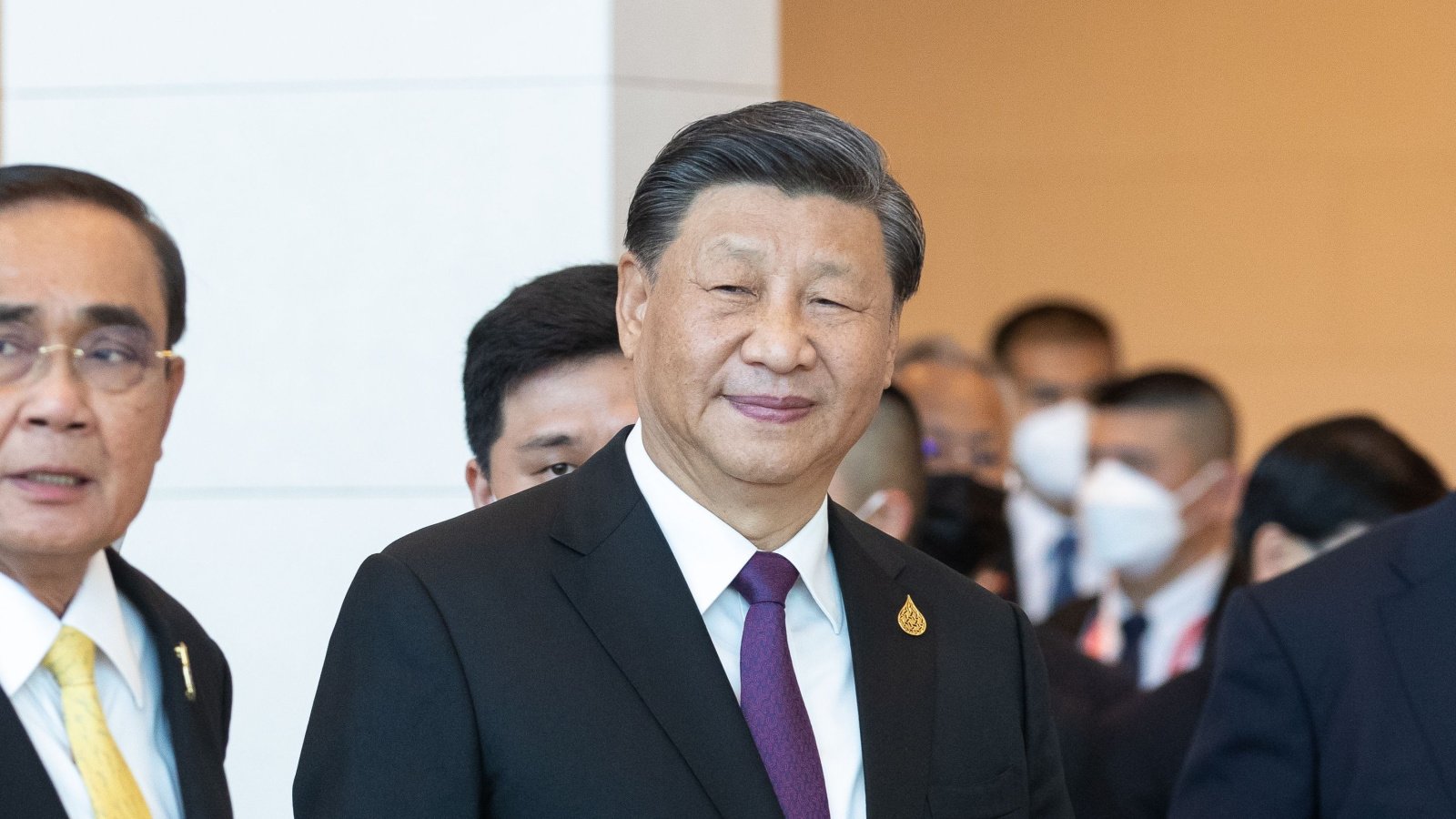
The Chinese Communist Party has continuously opposed legislation forcing the sale or otherwise banning TikTok from U.S. app stores. How China will retaliate or block the move remains to be seen.
TikTok’s Legal Response to the Bill

TikTok is mounting a legal challenge to the legislation. TikTok’s spokesman Michael Backerman stated “At the stage that the bill is signed, we will move to the courts for a legal challenge…This is the beginning, not the end of this long process.”
Diverse State Approaches to TikTok

In different parts of the country, state’s have handled the challenge of TikTok in a variety of ways. The Montana legislature banned TikTok use throughout the state. In 2023, a federal judge blocked the implementation of this law.
Historical Presidential Actions and Positions

During his Presidency, Donald Trump issued an executive order to ban TikTok, but this order was blocked by federal courts. The challenge to this executive order was based on the argument that the order violated the rights to free speech and due process.
After the failure of the Executive Order, Trump tried to make a deal that would leave U.S. companies with control over the app, specifically working with Oracle and Walmart on the deal.
2024 Presidential Race Stance

At this point in the 2024 Presidential Race, Donald Trump no longer opposes a ban on TikTok, stating that doing so will simply help Facebook and Instagram, whom he considers a greater threat.






